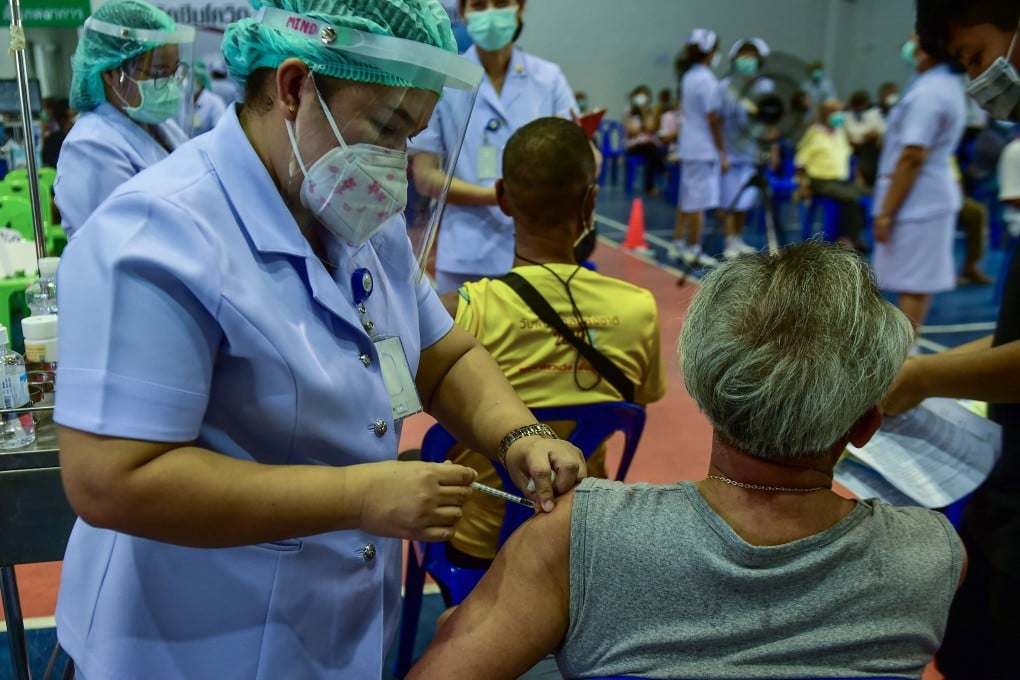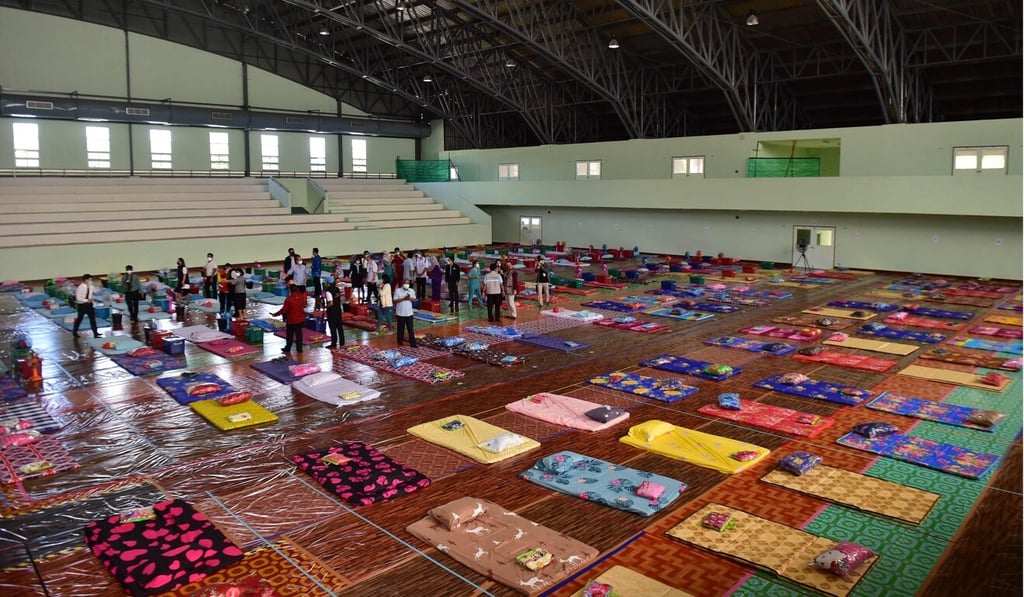Advertisement
In Thailand’s conflict-hit ‘Deep South’, mistrust fuels Covid-19 vaccine hesitancy among Muslim majority
- As Thailand contends with its deadliest wave of the pandemic yet, the vast majority of people in Pattani, Yala and Narathiwat provinces have not had a jab
- Those who have are overwhelmingly Buddhist. Years of conflict and martial law have made the region’s Muslims deeply suspicious of government intentions
Reading Time:3 minutes
Why you can trust SCMP
0

Vijitra Duangdeein Pattani
Fear, misinformation and chronic mistrust of the state in a conflict zone is undercutting vaccination efforts in Thailand’s insurgency-hit “Deep South”, activists say, as coronavirus cases spike in a region previously spared the worst of the pandemic.
The southernmost provinces of Pattani, Yala and Narathiwat have recorded scores of new infections each day after the virus seeped over the border from neighbouring Malaysia, which remains under a state of emergency to control the spread of contagion.
Thailand imposed further restrictions in the region, as well as Bangkok and six other provinces, for at least 30 days starting on Monday. The new measures include a ban on dining-in at restaurants as well as checkpoints.

The country is currently battling its most deadly wave of the pandemic: about 88 per cent of its nearly 250,000 Covid-19 cases and 95 per cent of the associated deaths – 1,943 in total as of Monday – have occurred since early April.
Infections have been spreading further than before, with the remote and tightly secured Deep South – affected less by earlier waves of the pandemic – now reporting outbreaks in prisons and emerging clusters linked to a religious school and a popular Pattani fish market.
Advertisement